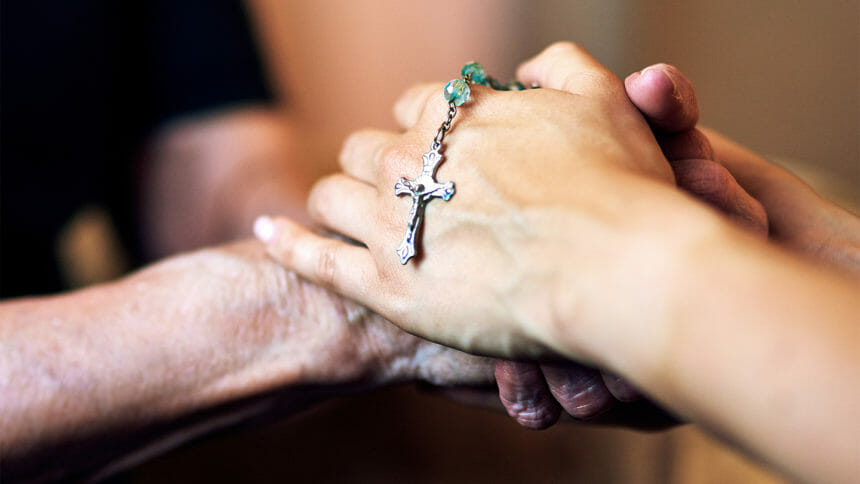
Ongoing financial difficulties and a need for money to settle sexual-abuse cases is forcing the Archdiocese of New Orleans to sell its nursing homes and other elder care interests.
Notre Dame Health System, a nonprofit run by Archbishop Gregory Aymond, sold Notre Dame Home Health and Notre Dame Hospice last week to CommCare Corp., an operator of 15 Louisiana nursing and rehabilitation centers, according to the New Orleans Times-Picayune. CommCare is a nonprofit but has a for-profit division that manages its facilities.
The archdiocese announced last summer its agreement to jettison affiliated businesses caring for seniors. Those include the three nursing homes controlled by Notre Dame Health System: Chateau de Notre Dame in New Orleans, Wynhoven Health Center in Marrero and Our Lady of Wisdom in Algiers.
The sellers would not comment to the Times-Picayune on the transaction except to note that Notre Dame Health System is a separate nonprofit entity “working towards a change in ownership with CommCare.”
The Archdiocese of New Orleans filed for Chapter 11 bankruptcy protection in May, 2020 in the middle of claims related to a child sexual abuse scandal. The court approved the sales of an office building and parking lot to raise money to help with a potential settlement with victims.
Other religious-backed nursing homes have also closed in recent months. In August, Little Sisters of the Poor closed Denver’s Mullen Home, which it had run for 105 years. Little Sisters of the Poor gave no reason for the closure at the time. A Mullen Home administrator told McKnight’s Long-Term Care News the decision was not financially driven. But the a recent trend in closures or sales of long-term care facilities run by religious organizations has caused concerns about access.
Notre Dame Health System CEO Jeff Tully said last summer that cost and complexities of healthcare were a factor in the Louisiana sale.
“When Archbishop Hannan founded Chateau de Notre Dame (in 1977), the church was filling a void that existed in healthcare in the region, a void that no longer exists,” Tully said at the time. “Today, we find ourselves facing significant challenges as healthcare management has become more specialized and costly, particularly in light of the COVID-19 pandemic, inflation, and rising insurance costs.”




